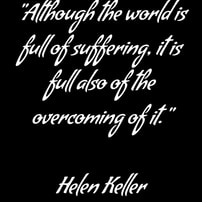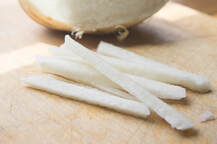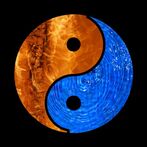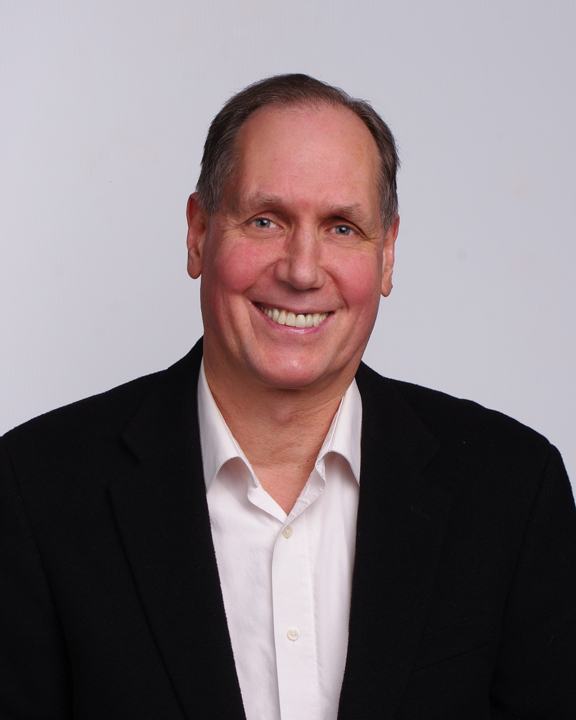
Those following natural health ways often have either a fear of doctors or a belief that seeing doctors is unnecessary. In the general public men and many women depending on their beliefs or cultural background, may ignore symptoms until they get worse. At this point, there may be a more serious health issue. Ignorance of the symptoms of poor health is not bliss.
People following restrictive natural diets such as: vegan, raw foods, low or high carbohydrates, excessively low calorie, very high protein and or fat are often told by the diet gurus that the symptoms they are experiencing are caused by them not doing correctly whatever diet is being promoted. Thorough diagnosis of the persons condition is often what is really lacking. In some of these cases doctors who are often not trained in nutrition, may or may not know that someones diet is causing symptoms of poor health.
In my personal experience and my experience with thousands of clients, any diet that overly restricts carbohydrates, animal products, fats or sugars excessively for a long time - except for special health conditions and diseases - usually causes symptoms of poor health that are directly related to the diet.
Many people refrain from seeing a doctor because they have a fear of doctors pushing medicines and drugs excessively. This is not unfounded. It is important to question what the doctor is recommending and do your own research about natural approaches that might complement, make balance or even replace the drugs that are being recommended. One has to be their own advocate and choose a medical professional that will respect and accept your partnership and your own thinking of what you want to do with your body.
With alternative counselors, practitioners and doctors, I think one has to do the same thing. When I give consultations with diet, herbal, exercise and supplement recommendations, I encourage people to learn why I am giving these through my online courses, in person lectures and suggested reading materials. Many people come to see me with a long list of supplements and diet recommendations that alternative doctors give them. I often ask these clients why they are taking these supplements or being recommended certain diets. In many cases, they don't know why.
I realize during a crisis, it may be difficult or in some cases impossible to ask questions. Sometimes medical or natural interventions have to be followed in emergencies. After the emergency, I recommend an intelligent partnership with medical professionals and doctors, natural health counselors and alternative doctors including myself. It is important to understand your condition and options, and in cases of medicine which can be complex and have side effects, to make good decisions about what to do for healing.
Ignoring symptoms will not work. In many cases it leads to worsening health. In my opinion the best modern medicine has to offer is in emergency treatments and diagnosis. Even simple blood tests and other testing when symptoms are present or blood markers are off can be addressed by diet, lifestyle and natural remedies and in some cases small amounts of medicine.
Your diagnosis should be interpreted by your own research, with the help of practitioners like myself or others who know how to offer natural approaches to many of the medicines that have side effects. In emergencies, medicines may be needed, Intelligent and well educated choices can be made.
Symptoms that are not going away either by doing nothing or if natural remedies are not alleviating them, they need to be further investigated. When using a natural remedy such as special foods, a diet, herbs or supplements, it may be that something else may also be needed. If a symptom goes on without relief too long, a pharmaceutical medicine may be needed at least on a temporary basis depending on one's condition.
Let’s use the best practices of alternative and modern medicine to stay healthy and avoid unnecessary suffering. Be well!





 RSS Feed
RSS Feed